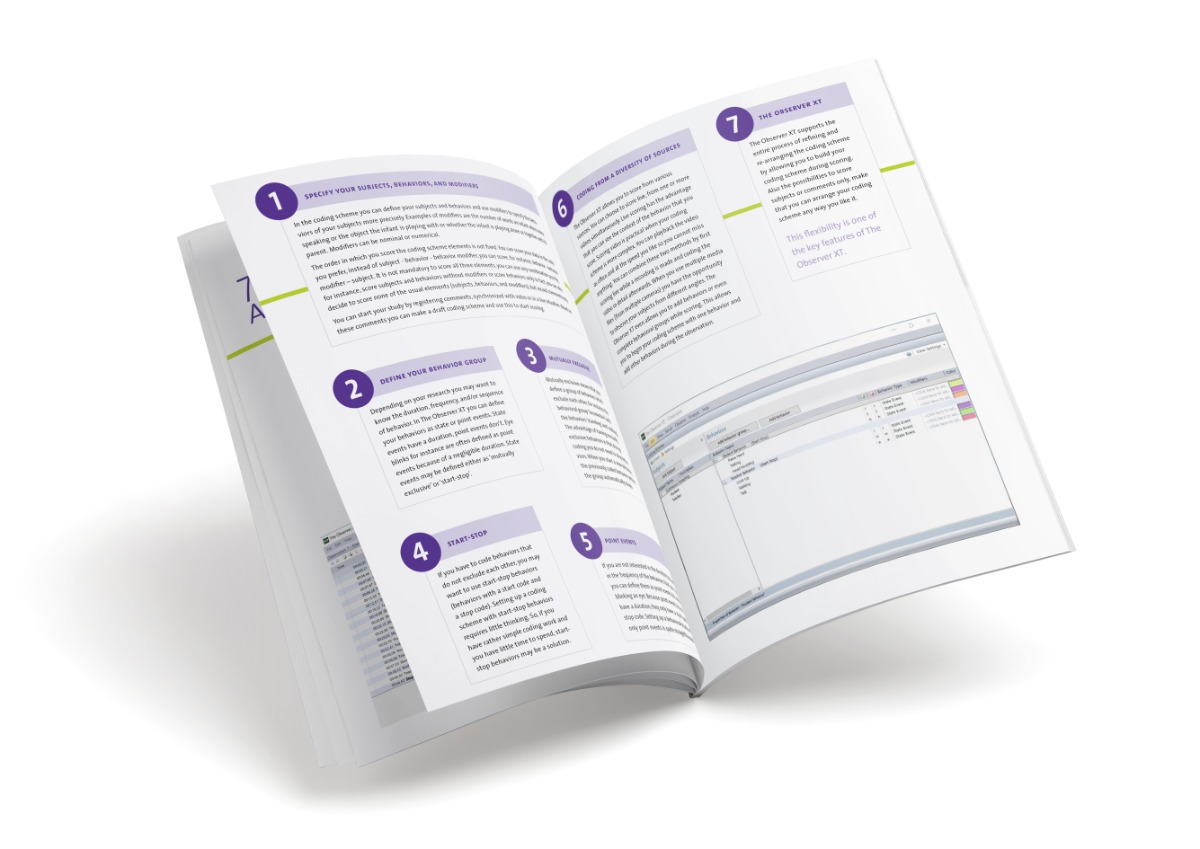
Assessment and training – positive behavior change
In daily practice, it can be difficult to establish a long-term change in behavior. Most of the time, people are not aware of their behavior; according to a large number of scientists, at least 95% of our behavior is unconscious whereas only 5% is conscious.
New assessment tools (one for example developed by Tricom, training agency Wageningen, The Netherlands, www.tricom-bv.nl) give sales representatives and managers more insight into their own behavior. As a result, they learn to communicate more efficiently.
Assessment and training – positive behavior change
Understanding your own behavior is essential when you want to create a meaningful, long-term relationship with customers or employees. Companies invest in training courses and coaching sessions to empower employees. As behavioral change plays a big role in these training courses, assessment tools, with which cause and effect of behavior can be pinpointed exactly, are of great value.
A conversation between the trainee and the employee or customers can be easily recorded on video ensuring that the trainer can give clear and concise examples of behaviors and behavioral patterns afterwards. Furthermore, the best feedback can be given when the recordings take place in a natural work environment.
Case study: Observing traineers in their own working environment
Tricom, a training agency, collects data by observing trainees, preferably in their own work environment. After data collection and analysis, Tricom delivers an objective and concrete report with a description of the observations and the results. This report enables the trainees to be aware of their unconscious behaviors. With this practical approach, trainees can work on their attitude in order to reach their personal targets or goals.
See for yourself how systematic observation and The Observer® XT software would work for your research.

Get the latest blog posts delivered to your inbox - every 15th of the month
more

The effectiveness of physical therapy sessions for children with cerebral palsy
Researcher Sébastien Vanderlinden is committed to describe which and how long physical therapy skills are performed during NDT sessions.
Predicting behavior from non-verbal communication
Suppose a darts player is ready to throw a dart while showing a smile on his face. Would he hit the attempted number of points as opposed to missing the shot if he looked grumpy? Research has been done to figure this out.

